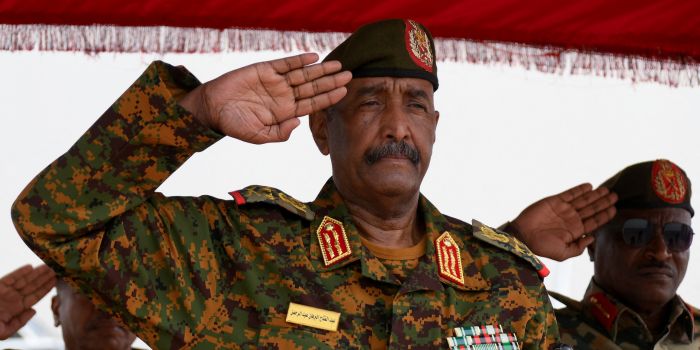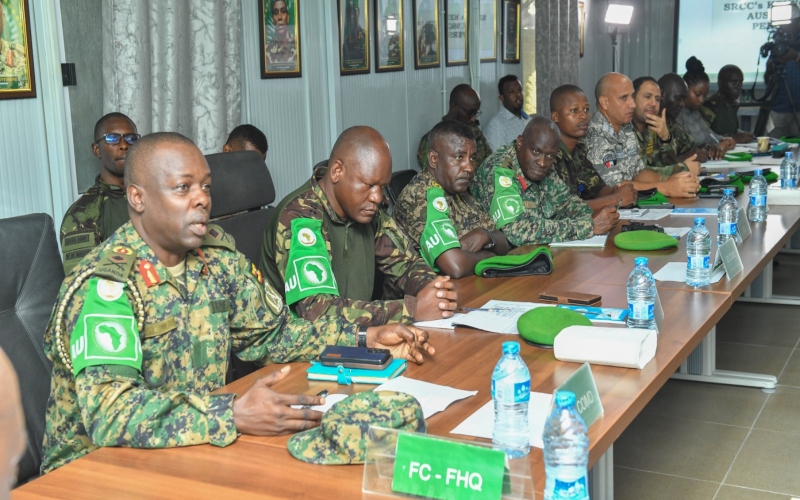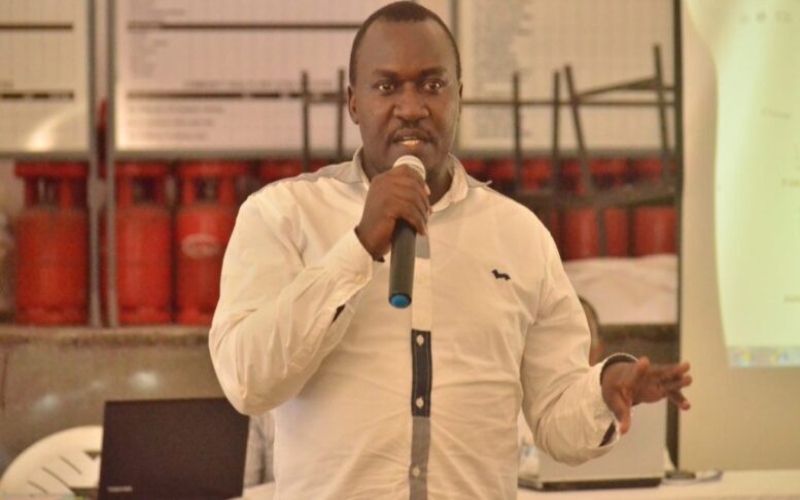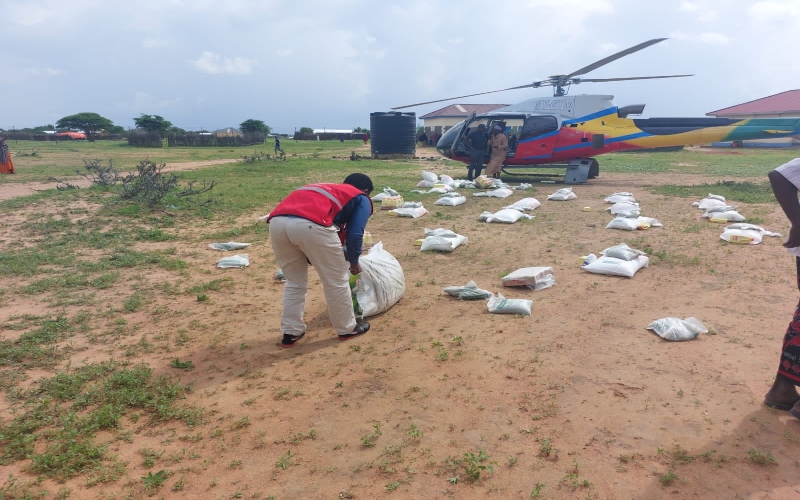Sudan's army chief rejects US peace talks, insists on RSF withdrawal before ceasefire

After 16 months of war, the Sudanese people have endured immense loss, with lives, property, and dignity being torn apart due to the conflict between the Rapid Support Forces and the Sudanese military.
Sudan's army chief, Abdel Fattah al-Burhan, on Wednesday, firmly rejected the US-backed peace talks that commenced in Geneva, insisting there would be no ceasefire until the paramilitary Rapid Support Forces (RSF) vacate occupied cities.
In an Army Day address delivered just hours before the US-brokered negotiations were set to begin in Switzerland, Abdel Fattah reiterated his uncompromising stance.
More To Read
- Six UN peacekeepers laid to rest following deadly drone attack in Sudan
- EU launches Sh530 million airlift to deliver life-saving aid to Darfur amid deepening Sudan crisis
- UN Secretary-General condemns ‘horrific’ drone strike on peacekeepers in Sudan
- Nine dead, 17 injured in RSF drone strike on Sudan’s Dilling military hospital
- UN chief alarmed by drone strike killing over 30 Sudanese civilians
- Sudan war: Aid teams say deal struck to reach stricken El Fasher
"Military operations will not cease until the last militia withdraws from the cities and villages they have violated and colonised," Abdel Fattah declared.
He dismissed the notion of peace under current conditions, stating, "There can be no peace while the rebel militia occupies our homes."
Abdel Fattah has repeatedly refused to send representatives or attend the various mediation meetings hosted in person.
Tom Perriello, the US special envoy to Sudan, confirmed on X (formerly Twitter) that the Sudanese army had declined to participate in the Geneva talks.
Nonetheless, he emphasised ongoing US efforts to end the conflict and highlighted the RSF's willingness to negotiate.
Meanwhile, in Nairobi on Wednesday, the Sudanese Youth Network issued a press statement urging Abdel Fattah to join the talks and put an end to the violence inflicted on innocent Sudanese citizens.
Under the banner "Ceasefire Now for Sudan," the youth called for an immediate ceasefire to be signed in Geneva to save lives.
"We call for international support to address the critical humanitarian needs in the country. Civilians must be safeguarded during this and all peace processes," the youth network's statement read.
The statement also stressed the importance of including civilians in the peace process, particularly emphasising the involvement of women, youth, displaced persons, and refugees, to ensure the success of any peace mediation in Sudan.
Noah Adam Hudo, a representative of the network, criticized the African Union (AU) and Intergovernmental Authority on Development (IGAD) interventions in Sudan, labelling them as weak.
"The AU and IGAD should work very fast and well to stop this fight because we're part of the AU and want Africans to support us and end this fight. We are suffering, with hunger, no education, and we want to see these bodies working," Hudo told journalists in Nairobi.
After 16 months of war, the Sudanese people have endured immense loss, with lives, property, and dignity being torn apart due to the conflict between the Rapid Support Forces and the Sudanese military.
Top Stories Today











































